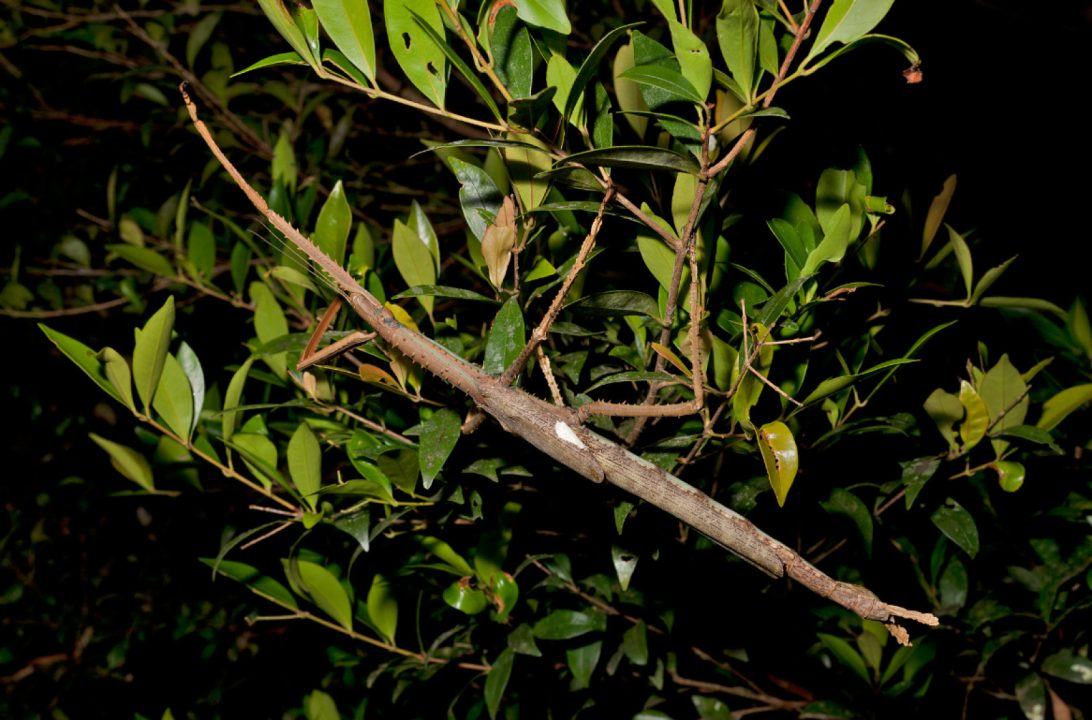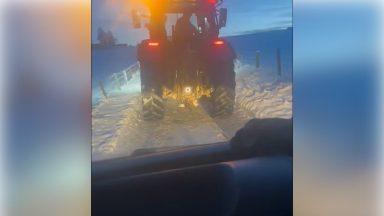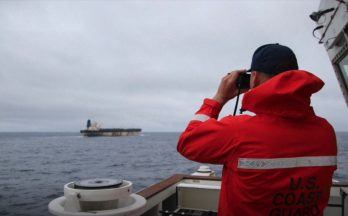A new species of stick insect, suspected to be the heaviest insect in the world, has been discovered in Australia.
The new Acrophylla alta species – described as being “slightly heavier” than a golf ball at 44g – was found in high altitudes of the Atherton Tablelands, in North Queensland.
James Cook University researcher Professor Angus Emmott helped identify the new species and explained that it was not discovered until now because its habitat is too difficult to access.
“It’s restricted to a small area of high-altitude rainforest, and it lives high in the canopy. So, unless you get a cyclone or a bird bringing one down, very few people get to see them,” he said.
“There are longer stick insects out there [in the region], but they’re fairly light bodied.
“From what we know to date, this is Australia’s heaviest insect.”
The eggs of the roughly 40cm-long stick insects were also important for identifying it as a new species, as no two species’ eggs are the same.
“Every species of stick insect has their own distinct egg style,” stated Prof Emmott.
“They’ve all got different surfaces and different textures and pitting, and they can be different shapes. Even the caps on them are all very unique.”
Prof Emmott further explained that their habitat could also be the reason behind their large body size.
“It’s a cool, wet environment where they live,” he said.
“Their body mass likely helps them survive the colder conditions, and that’s why they’ve developed into this large insect over millions of years.”
Two specimens of the species have now been included in the Queensland Museum to be used by other scientists to help with species identification, with wider implications for ecosystem conservation.
“To conserve any ecosystem, we actually need to know what’s there and what makes it tick before we can think about the best ways to conserve it,” Prof Emmott added.
Follow STV News on WhatsApp
Scan the QR code on your mobile device for all the latest news from around the country


 JCU via Supplied
JCU via Supplied


























